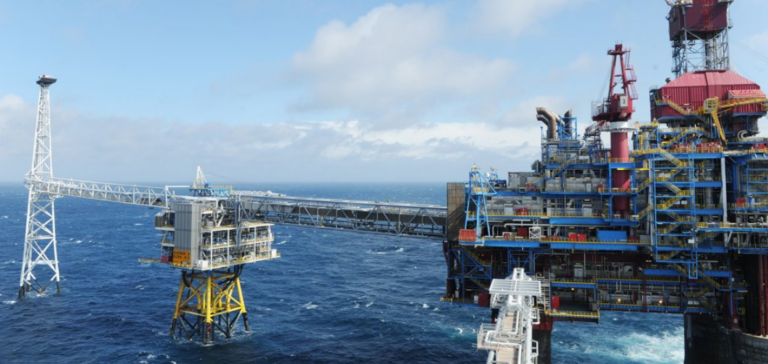Six offshore CCS projects are currently under development or in planning in the Gulf of Mexico.
A strategic area
Offshore CCS projects are the subject of a report on the role that the Gulf of Mexico could play in their development. This area is strategic for the U.S. government to achieve its decarbonization goals. Six CSS projects are already underway in this region, with the potential for more to come.
The geographical position of the Gulf of Mexico is particularly interesting for offshore CCS projects. It borders Texas and Louisiana, which account for 20% of total U.S. emissions. The latter are committed to reducing their greenhouse gas emissions by 50% by 2030.
The Gulf of Mexico is a technological pioneer, and the offshore CCS market represents an opportunity to remain so. The initial projects should concern the refining, petrochemical and gas liquefaction sectors. The CO2 from these activities would be exported to existing platforms set up for sequestration.
Many challenges
The challenges and constraints that can hinder the development of offshore CCS projects are diverse. There are currently no policies or regulations governing offshore sequestration in the United States. However, the Bureau of Ocean Energy Management is expected to propose regulations for federal waters by the end of the year.
Oil and gas employees will need to be reallocated to low-carbon teams. Moreover, most of the underwater architecture does not allow CO2 in its liquid phase to circulate. Existing lines are not suitable for re-use.
New offshore CCS projects will therefore require the construction of new infrastructure. However, this sector is currently in full expansion. U.S. companies are investing in this activity, offering the region an opportunity to play a role in the energy transition.





















